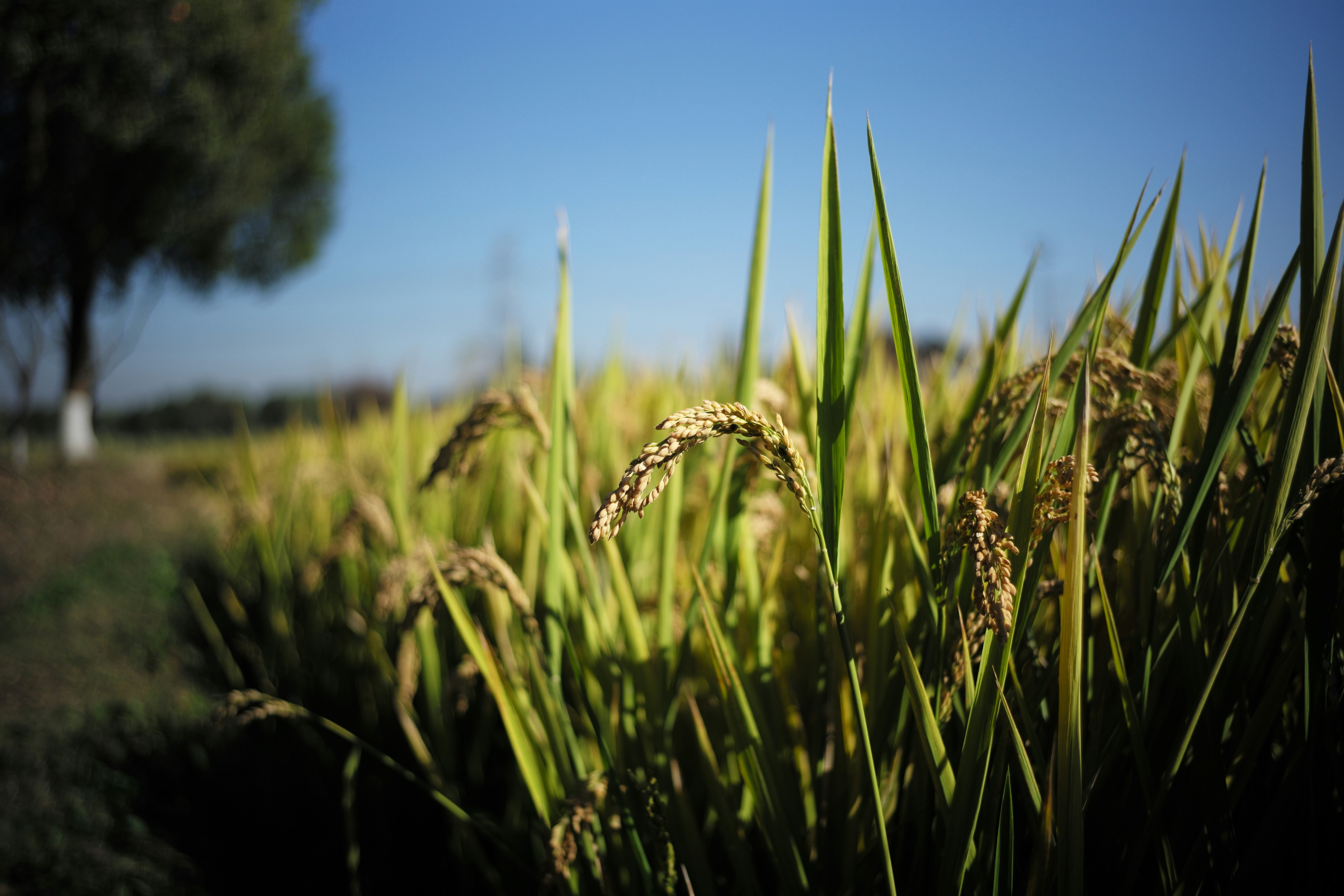Introduction to Agricultural Biotechnology
Agricultural biotechnology serves as a pivotal foundation for enhancing crop production through scientific techniques. This field focuses on developing transgenic crops that can resist biotic and abiotic stresses, ultimately leading to sustainable agriculture. The course aims to equip students with the skills necessary to harness biotechnological tools in crop improvement.
Course Objectives and Content Overview
Our course objectives center around familiarizing students with essential biotechnological methods, including the application of plant molecular markers and tissue culture techniques. Key topics include:
- Basic concept of Agricultural biotechnology
- Basic of plant stress response and role of transcription factors
- The concepts of Plant Molecular Markers
- Role of Bioinformatics in understanding basic molecular pathways in plants
- Historical Background of Plant Tissue Culture,
- Requirements for in-vitro plant cultures,
- Role of Plant-hormones in somatic embryogenesis,
- Types of Cultures: Tissue culture and regeneration,
- Cell culture, Haploid Culture, Protoplast culture.
- Somaclonal variations as a breeding tool,
- Somatic Hybridization,
- Commercial application and Issues related to tissue culture,
- Plant Transformation methods
- Gene Gun Method of Transformation
- Agrobacterium-Mediated Transformation
- Chloroplast Transformation
- PEG-Mediated Transformation, etc.
- Field Evaluation and Commercialization,
- Transgenic Crops for Herbicide,
- Biotic and Abiotic Stress Resistance,
- Introduction to Biofertilizers. B
- Biosafety Concerns and Bioethics on GM Crops.
- Requirements for in-vitro cultures
- The role of phyto-hormones in somatic embryogenesis
- Types of cultures, such as cell culture, haploid culture, and protoplast culture
- Utilizing somaclonal variations as a breeding tool
- Commercial applications of tissue culture and related challenges
Moreover, students will understand various transformation methods like the gene gun method, Agrobacterium-mediated transformation, and peg-mediated transformation.
Practical Skills Development
The practical component of the course focuses on hands-on experience, enabling students to develop skills in:
- Practical use of plant bioinformatics
- Selection of ex-plants and medium preparation
- Callus induction and culturing Agrobacterium
- Selection of transformants and plantlet regeneration
- Plant DNA extraction and PCR for transgenics
With an emphasis on biosafety and bioethics, this comprehensive approach prepares students for careers in agricultural biotechnology, aligning them with current industry standards and practices.


